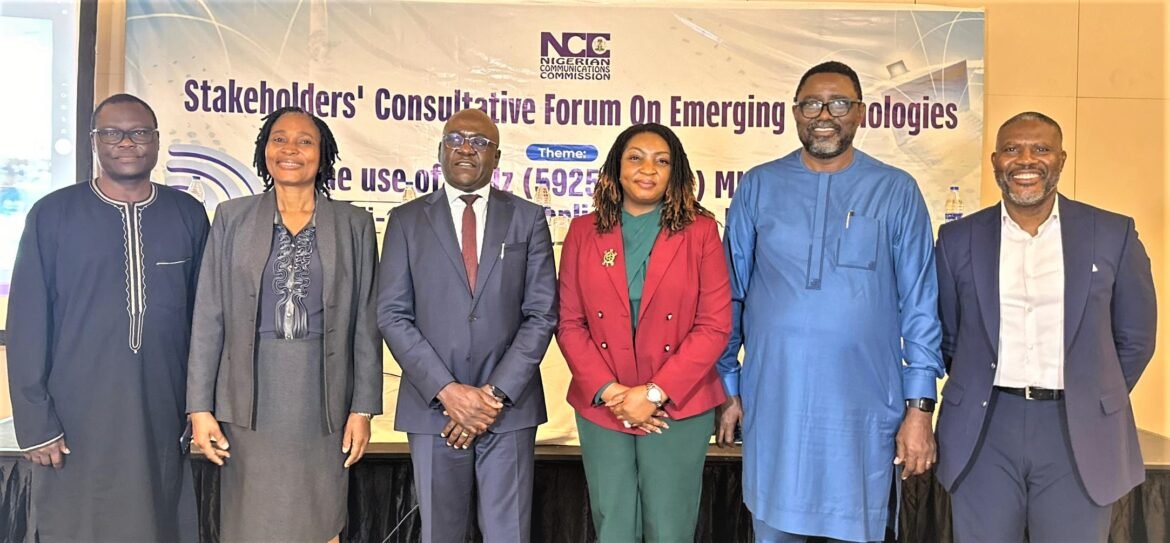The Nigerian Communications Commission is set to unlock the 6GHz frequency band for unlicensed Wi-Fi use, marking a significant milestone in the nation’s push to enhance connectivity across the country.
By opening this spectrum, the commission says it is empowering faster, more reliable wireless internet access, paving the way for innovations in smart technologies, improved digital experiences, and bridging the digital divide.
The commission stated that the strategic move promises to boost network capacity, lower latency, and fuel Nigeria’s digital economy, fostering greater internet access for businesses, homes, and public spaces across the country.
Executive Vice Chairman of NCC, Dr. Aminu Maida while speaking at the Annual Stakeholders Consultative Forum on Emerging Technologies in Lagos, highlighted the growing strain on current Wi-Fi frequencies due to rising demand
emphasizing that the 5GHz and 2.4GHz bands, commonly used for Wi-Fi 5, are becoming overwhelmed.
Maida represented by represented by Engr. Abraham Oshadami, Executive Commissioner of Technical Services, stated that operators are pushing for public-private partnerships (PPPs) to capitalize on this moment, aiming to expand their networks into underserved and vulnerable regions. They see it as an opportunity to bridge gaps in connectivity and provide crucial services where they’re most needed.
He noted that as internet usage surges, the need for additional frequency bands to ease the burden on existing ones is becoming increasingly urgent, emphasizing the importance of exploring new spectrum options for future connectivity needs.
Nigeria is set to join a growing number of countries leveraging the 6GHz band for Wi-Fi 6 technology, according to Maida. She highlighted that the 6GHz band, spanning from 5925 MHz to 7125 MHz, will unlock a vast new spectrum.
This expansion is crucial for accommodating the increasing demand for high-speed internet and advanced applications, marking a significant step in Nigeria’s digital evolution.



